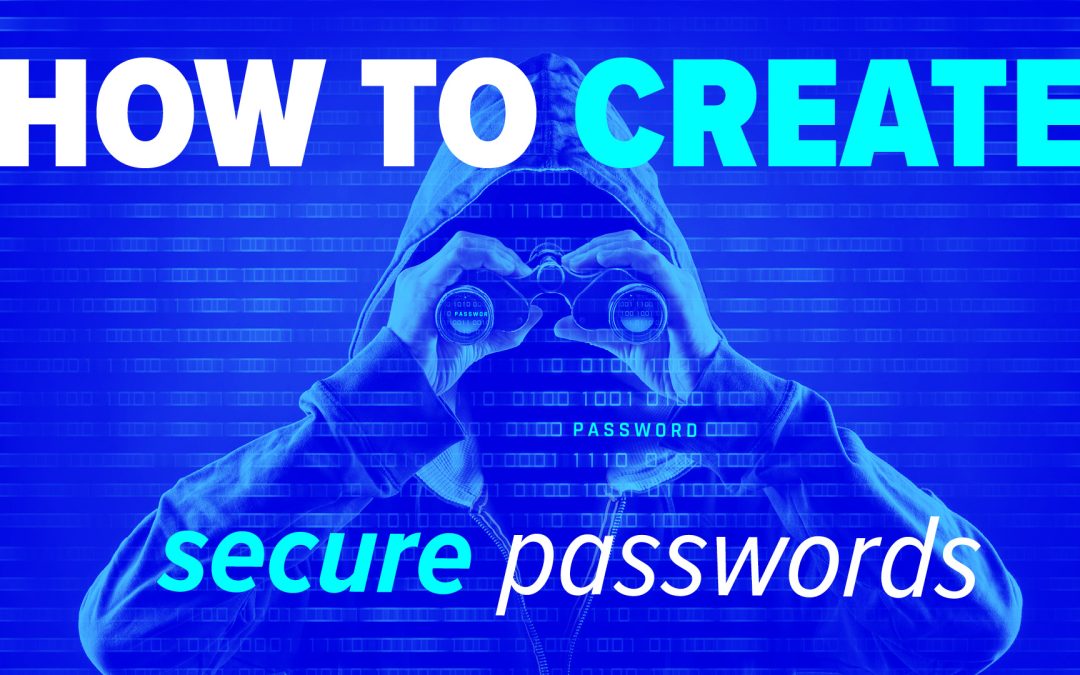Your passwords are the first line of defense against cyber threats—and shockingly, one of the easiest targets. In today’s digital landscape, where hackers deploy AI-powered tools to test millions of password combinations per second, “Company123” or “Summer2024” might as well be an open invitation to your sensitive data. With proper password security best practices, you can stay one step ahead of cyber criminals.
Why Weak Passwords Put Your Business at Risk
A single compromised credential can trigger:
- Catastrophic data breaches exposing client information
- Financial fraud through compromised accounts
- Operational sabotage (ransomware, system takeovers)
- Irreparable reputation damage
But how do you create strong passwords without driving yourself (and your team) mad?
The Anatomy of a Hack-Proof Password
Think of your password like a secret recipe, where only you should know the ingredients. Start by ditching the dictionary words and predictable patterns. A truly secure password should hit these points:
- Length beats complexity: Aim for *14+ characters*—every extra character exponentially increases cracking time.
- Mix it up: Combine uppercase, lowercase, numbers, and symbols (e.g., ! @ $ %).
- Avoid the obvious: Steer clear of birthdays, pet names, or your business name.
- Embrace randomness: TacoTuesday! is weak; Purple$42Lizard*Waffle is resilient.
Pro Tip: Use passphrases—unrelated words strung together with symbols. Example: Coffee#Spills@3AM? is both strong and memorable.
You should also steer clear of these common mistakes:
- Recycling passwords across accounts (one breach = all accounts compromised)
- Writing them down on sticky notes or unencrypted files
- Using sequential patterns like “abcd1234” or “qwerty”
- Ignoring breach alerts (check compromised passwords at haveibeenpwned.com)
If remembering unique passwords for every account sounds impossible, there is another option: Password managers. These generate strong passwords, store them securely and autofill them for you.
With a password manager, you only need to remember one strong master password for the manager app itself. The rest are encrypted and stored safely, reducing the risk of data breaches.
Even the strongest password isn’t foolproof, which is why multi-factor authentication (MFA) is also important. MFA requires a second form of verification, like a one-time code sent to your phone or generated from an authentication app.
If you have employees accessing your business systems, it’s a good idea to have a password policy in place to explain password security best practices and why they’re important. This should include:
- Regular password updates (every 60–90 days)
- MFA for all critical accounts (email, banking, CRM)
- Security training to combat phishing (the #1 password theft tactic)
- Dark web monitoring to flag compromised credentials
The Bottom Line
Password hygiene is no longer optional—it’s survival. By combining length, randomness, and MFA, you create a layered defense that frustrates hackers and protects your business.
Need help implementing these safeguards? Reach out for a complimentary security audit.
Apollo IT Services has been helping businesses since our founding in Austin, TX in 2015. With offices in Austin and Northwest Arkansas, we’ve continued to evolve alongside technology, adapting our services to include comprehensive managed IT solutions, cybersecurity expertise, and cloud services. Our mission is simple: to empower your business with reliable IT and empower you with peace of mind. Give us a call today!

